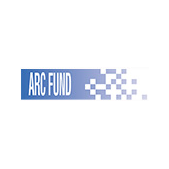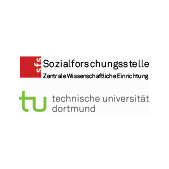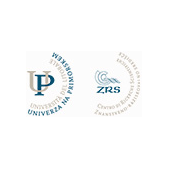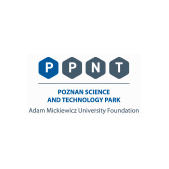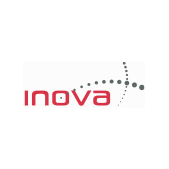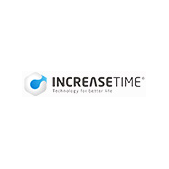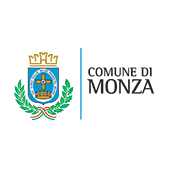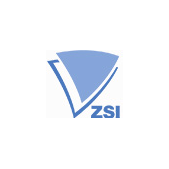The work plan spans a period of 42 months (3.5 years), and is structured into 11 work packages.
WP1 Management. This work package will establish the management structure and internal management procedures. A Steering Committee will be established as an oversight mechanism of the project, as well as an Advisory Committee and a Network of country correspondents to expand the geographical outreach of the project.
WP2 State-of-the-art. WP2 lays the foundation for the rest of the project. It involves a state-ofthe-art report on research and innovation related to the grand challenge “Climate action, resource efficiency and raw materials”. Review, analysis and mapping of sustainable innovation initiatives will be carried out to establish a conceptual theoretical framework, complemented by empirical cases gathered across Europe, and provide a section on working definitions and approaches on sustainable innovations. This WP is closely interlinked with WP3, WP4, WP5 and WP6.
WP3 Dialogue and Participation. WP3 runs in parallel with WP2 and goes beyond it, aiming to build a common understanding of sustainable technological and social innovation, as well as a common approach concerning the societal challenge "Climate action, resource efficiency and raw materials" among the CASI partners and country correspondents. It will further enhance the dialogue among consortium partners, country correspondents and relevant stakeholders across Europe on sustainable innovation and environment-related issues through involvement of citizens in research and innovation policy-making, and identifying topics for future research.
WP4 Common Framework for Assessment and Management of Sustainable Innovations (CASI-F). The objective here is to develop a common framework for assessing the sustainability of innovations, i.e. their advantages, disadvantages, relevance, benefits and risks, particularly their social, environmental and economic dimensions, taking into account general public concerns. For this purpose, an online survey will be launched, and CASI-F will be consulted with relevant stakeholders in the 12 participating countries.
WP5 Pilot projects on testing and validating CASI-F. In order to avoid collecting irrelevant and useless data, the CASI partners will conduct a pilot testing of CASI-F. CASI-F will be applied to a number of technological and social innovation cases gathered in WP2, so as to (i) identify shortfalls and (ii) propose adjustments/corrective changes to the assessment methodology.
WP6 Management of sustainable innovation. WP6 runs in parallel with WP5. The partners will work with the case studies’ actors involved in WP5 (technology or social innovators) in order to verify and introduce the requested or suggested changes in the final version of CASI-F.
WP7 Policy Watch. This WP will establish a common interface for easy monitoring of EU and national policy cycles in order to enable the streamlining of sustainable innovation measures into organisational, national and European strategic and policy planning processes. Throughout this WP, partners will be engaged in producing policy briefs. The immediate output of this WP will serve as input for the elaboration and advancement of policy recommendations within WP8. A natural outcome is the European Network on Sustainable Innovation Policy Watch.
WP8 Policy Recommendations. Activities are focused on developing specific policy recommendations for stimulating wider societal engagement in sustainable innovation activities, for their assessment and improved public management, targeting different levels of governance.
WP9 Heritage. The main challenge is to ensure that stakeholders in Europe, both within and external to the consortium will benefit from CASI’s outcomes. Several approaches are employed so that the overall sustainability will be ensured beyond CASI’s formal duration.
WP10 Communication and dissemination. All communication and dissemination approaches to be applied during the project will be listed in a communication strategy aiming to raise awareness among all groups of stakeholders as to why it is necessary for them to interact, exchange ideas and participate in the process of sustainable innovations assessment, as well as aiming to reach all targeted audiences.
WP11 Evaluation. This WP responds to the requirement of the call to establish the systems for internal and external evaluation for ensuring that project progress and results are in accordance to the work plan and meet the objectives of the Science in Society programme.


